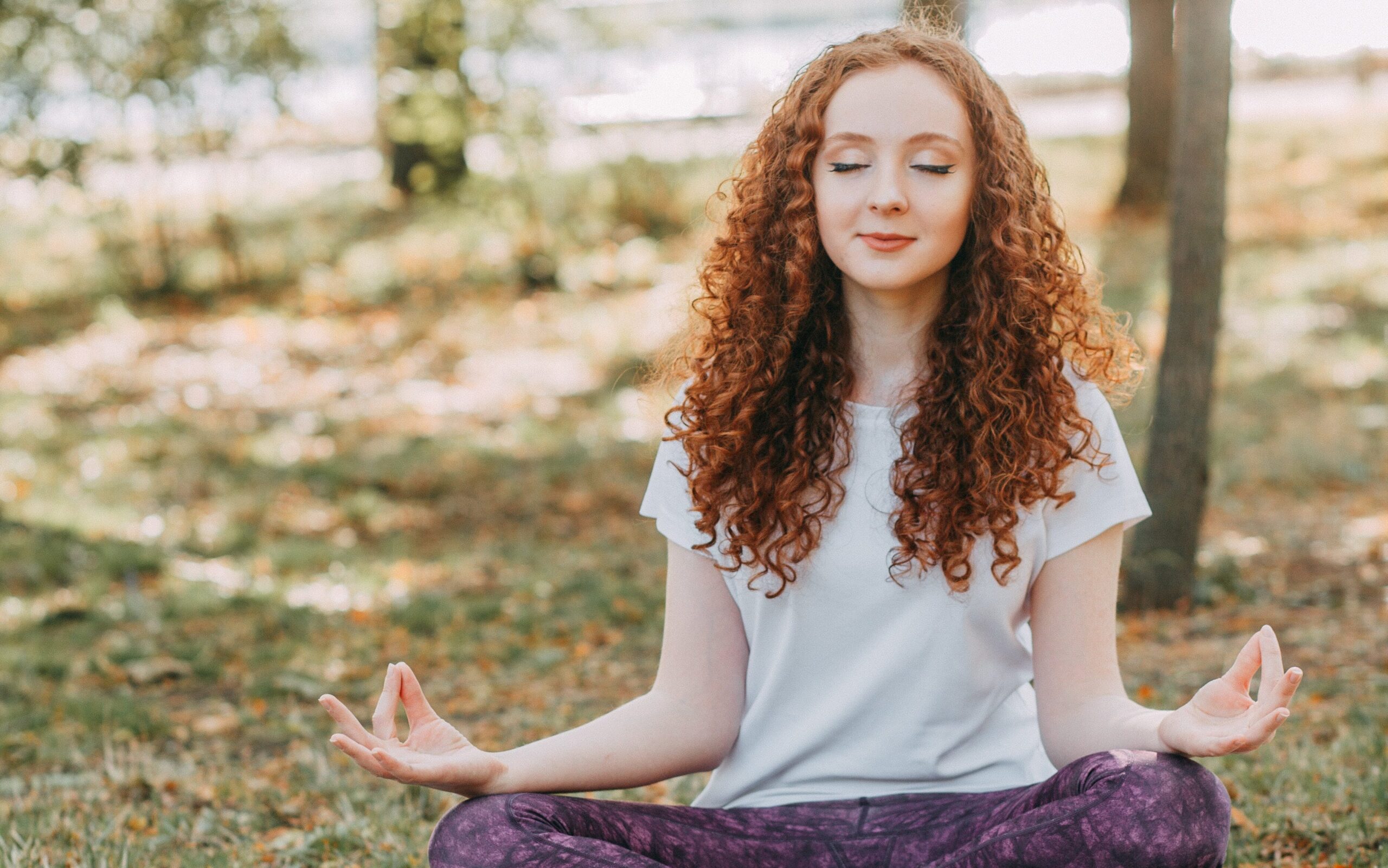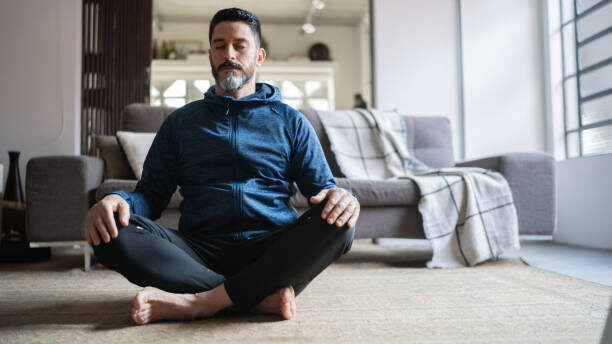
In today’s fast-paced world, stress has become an inevitable part of our lives. Whether it’s due to work pressure, personal responsibilities, or unexpected challenges, stress can take a toll on our physical and mental well-being. However, it doesn’t have to rule our lives. We believe that with the right strategies and mindset, anyone can learn to manage and even eliminate stress from their lives. In this comprehensive guide, we will explore various techniques and practices that can help you de-stress and achieve a greater sense of peace and balance.
Understanding Stress and Its Impact

Before we delve into the ways to de-stress, it’s important to understand what stress is and how it affects our bodies and minds. Stress is the body’s natural response to perceived threats or challenges, triggering the release of hormones like cortisol and adrenaline. While a certain amount of stress can be beneficial in helping us navigate difficult situations, chronic stress can have detrimental effects on our health, leading to issues such as anxiety, depression, high blood pressure, and even heart disease.
The Power of Mindfulness and Meditation

One of the most effective ways to combat stress is through mindfulness and meditation. These practices involve focusing our attention on the present moment, without judgment, and can help us cultivate a sense of calm and clarity amidst chaos. Research has shown that regular meditation can reduce stress levels, improve mood, and enhance overall well-being. By incorporating just a few minutes of mindfulness into our daily routine, we can significantly reduce our stress levels and improve our quality of life.
The Importance of Physical Activity

Exercise is not only essential for our physical health but also plays a crucial role in managing stress. When we engage in physical activity, our bodies release endorphins, chemicals that act as natural painkillers and mood elevators. Regular exercise can help us reduce stress, improve sleep quality, and boost our overall mood. Whether it’s going for a run, practicing yoga, or taking a brisk walk, finding an activity we enjoy can make a significant difference in our stress levels.
Cultivating Healthy Habits

In addition to mindfulness, meditation, and exercise, cultivating healthy habits can also contribute to our ability to de-stress. This includes getting an adequate amount of sleep each night, eating a balanced diet rich in fruits, vegetables, and whole grains, staying hydrated, and avoiding excessive caffeine and alcohol consumption. We can also benefit from scheduling regular breaks throughout our day to rest and recharge, as well as practicing relaxation techniques such as deep breathing and progressive muscle relaxation.
Building a Strong Support System

Finally, we cannot underestimate the power of human connection in combating stress. Building a strong support system of friends, family members, and colleagues who we can turn to in times of need can provide invaluable emotional support and perspective. Whether it’s sharing our feelings with a trusted friend, seeking professional help from a therapist or counselor, or joining a support group, knowing that we are not alone can make a world of difference in our ability to cope with stress.
Embracing Self-Care Practices

In addition to the aforementioned techniques, incorporating self-care practices into our daily lives can further enhance our ability to manage stress. Self-care encompasses activities and habits that promote our physical, emotional, and mental well-being. This may include indulging in hobbies we enjoy, pampering ourselves with a relaxing bath or massage, or simply taking time to unplug and unwind from the demands of daily life. By prioritizing self-care, we can replenish our energy reserves and better cope with the stressors we encounter.
Finding Balance in Life

Achieving a stress-free life is not about eliminating all sources of stress but rather finding a balance that allows us to effectively manage it. This involves setting boundaries, learning to say no to excessive commitments, and prioritizing activities that bring us joy and fulfillment. By identifying our values and aligning our actions with them, we can create a life that is more meaningful and in harmony with our true selves.
Conclusion

In conclusion, while stress may be a common part of modern life, it doesn’t have to control us. By incorporating mindfulness and meditation, engaging in regular physical activity, cultivating healthy habits, building a strong support system, embracing self-care practices, and finding balance in life, we can effectively manage and reduce our stress levels, leading to a happier, healthier life.
